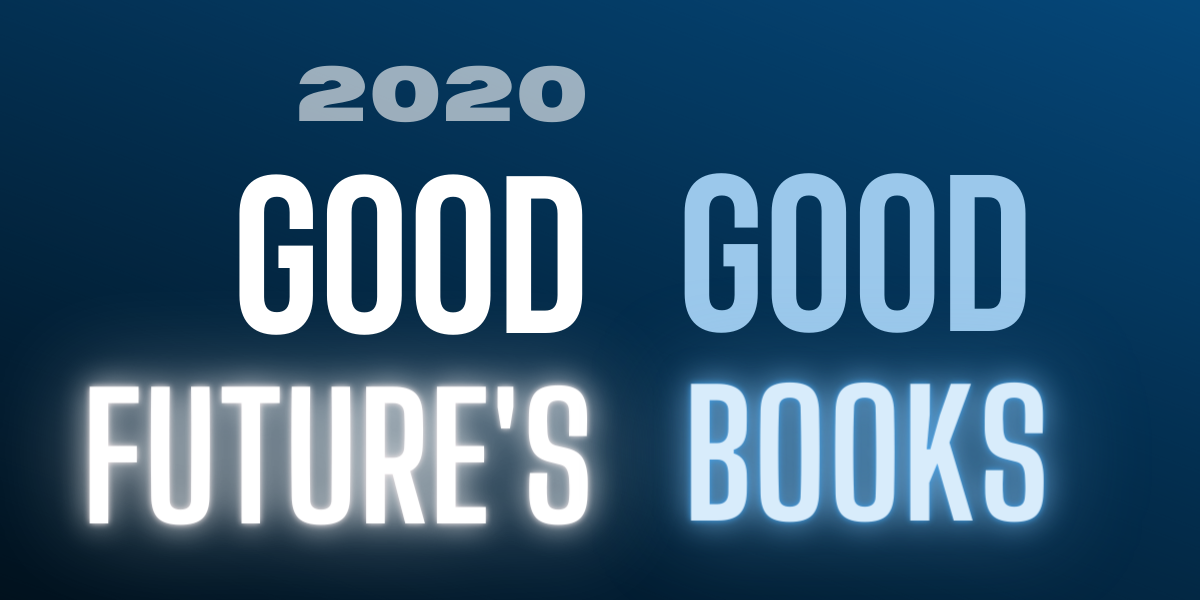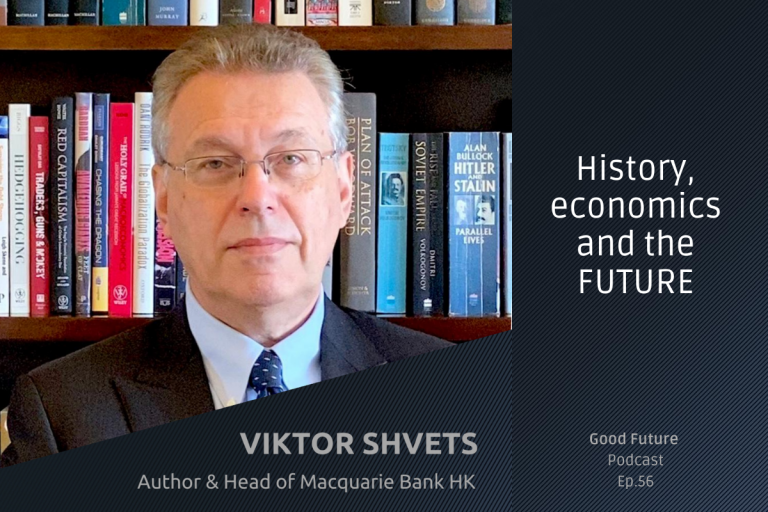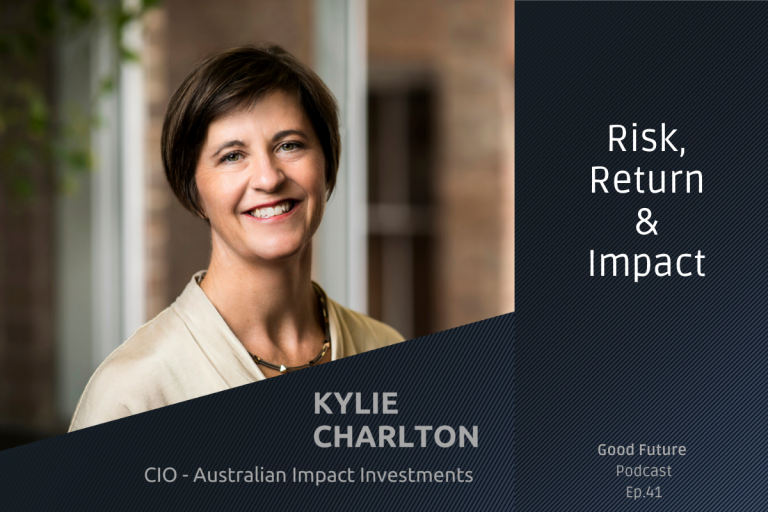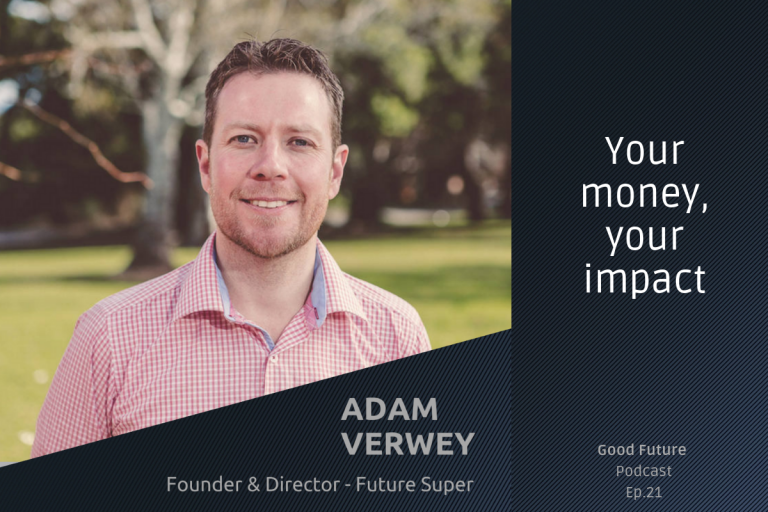It’s a simple question that I ask at the end of every podcast, and it’s proven to be very popular with my listeners.
I ask my guests for a book recommendation, and while many are topical non-fiction books, there are also plenty of options that come out of left-field. They are suggestions that can open a door into a new field or genre you made not otherwise have discovered.
(Note John Elkington’s suggestion, written by a Chinese author, and a gateway to another world)
And, please let me know which guests or books were your favourites for 2020!
Ben Thornley
(You can find the episode here)
By: Michelle Obama
“I think so highly of the former first lady. Just her perspectives on marriage, how we bring out full selves forward. It’s profound. I think she’s just such an authentic person, I enjoyed it, and I think she has so much to teach us all.”
Matt Whineray
(You can find the episode here)
By: Paul Kelly
The book on my side table right now is Paul Kelly’s autobiography. It’s the music of my university days and Is till listen to him, it’s great so far, I can recommend it.
Amit Bouri
(You can find the episode here)
By: Thich Nhat Hanh
“He’s Buddhist and the book talks about how we need to have a more holistic view of things, you need the mud to grow the lotus, and about the interconnectedness of systems. And our fundamental conditions. I’ve looked at the book many times over the years, but now, amid the many crisis of this year, they’re a results in some ways due to our connectedness. But if we can lean into our unity, we can get out of it, and build resilience. Which is why I enjoy working for a network. It’s a great bit of perspective, to help us focus on the long view.”
Jacqueline Novogratz
(You can find the episode here)
By: Ralph Ellison
By: Sir Ronald Cohen
William Wu
(You can find the episode here)
By: Daniel Kahneman
It’s a great book about how to make better decisions. And it can be applied in all aspects of life. It’s an all time classic. It presents on of the key ideas being this system 1 vs system 2 thinking. With system 1 being the fast, automatic thinking process. This impulsive thinking.
While system 2 is the slower more logical thinking. Both are important. If a car is coming towards you, you’ll want to use system 1, but if you’ve got a more complex problem, like tackling climate change, you’ll want to use system 2 over system 1. So the key message is that you need to understand when to apply which system.
It talks about some really interesting issues like: framing, loss aversion, the sunk cost fallacy, it’s a great book that can be applied in any situation, in finance, but also in everyday life.
Michael O’Leary
(You can find the episode here)
By: Lynn Stout
One of my biggest influences in writing this book, and exploring what corporations are capable of, is a legal scholar who sadly died while she was still in the prime of her career.
Lynn Stout, from the US, she wrote a book called the Shareholder Value Myth, and I think it does as good-a job as any in painting what has gone wrong with corporations, that they’ve gone from what originally had a very deep social purpose, to ultimately serving only quarterly profits, but also painting a path forward to business that are accountable and do have a deeper purpose.
Sir Ronald Cohen
(You can find the episode here)
Impact: Reshaping Capitalism to Drive Real Change
By: Sir Ronald Cohen
By: Katherine Gehl and Michael Porter
“The book I’m reading at the moment is Michael Porter’s book, about the political system. And looking at how democracy is functioning. I would highly recommend it.”
Rachel Etherington
(You can find the episode here)
The Economics of Eco-Systems and Biodiversity
By: Pavan Sukhdev
This is not a book, it’s more of a report, but it should be a book. The economics of eco-systems and biodiversity, it was written some 13 years ago, but it’s excellent and it’s still so relevant to our understanding around these issues. I’d suggest people read that one.
Michael Traill
(You can find the episode here)
By: Robert Caro
“One of the gifts of Corona is an opportunity to wade through a lot of stuff. I’ll give you y all-time favourite recommendation, I’m a political and buff and I love biographies.
There’s a guy called Robert Caro who has written beautiful forensically researched four volume series on Lindon Bains Johnson, LBJ. It’s just a remarkable piece of writing and research that he did over thirty years. It reads like a well-written thriller. Caro I think is over 80 now and all Caro aficionados are waiting for the final volume and hoping he’ll get it out soon.”
Viktor Shvets
(You can find the episode here)
“There are very good history books, and good technology books, and political books, very good books on success and failure of empires, but I couldn’t find a single one that combined them all.
I struggled to find one book that combined all of those issues into one picture. And I’m guilty that one major issue that I didn’t deal with in the book was the environment. But I felt I was dealing with so many issues, I couldn’t go beyond that.
And of course, one major issue is Universal Basic Income, it’s been accepted as one of the remedies that societies may need to adopt, closely linked to Modern Monetary Theory. There is a plethora of books that discuss that aspect.”
The Great Rupture: Three Empires, Four Turning Points, and the Future of Humanity By: Viktor Shvets
Rise of the Robots By: Martin Ford
Political Order and Political Decay By: Francis Fukuyama
The Second Machine Age By: Eric Brynjolfsson and Andrew MacAfee
After Picketty By: Heather Boushey, J. Bradford DeLong, Marshall Steinbaum
Why Nations Fail By: Daron Acemoglu & James A. Robinson
Between Debt and the Devil By: Adair Turner
Postcapitalism By: Paul Mason
Top books on Universal Basic Income (UBI)
Utopia for Realists By: Rutger Bregman
Basic Income: And How We Can Make It Happen By: Guy Standing
A Capitalist Road to Communism By: Robert Van der Veen
Ingrid Burkett & Alex Hannant
(You can find the episode here)
and
By: Mariana Mazzucato
Both of Mariana’s books are charting the future of economics.
By: Gaia Vince
She’s a science journalist, but she’s gone back to the whole history of human kind and looked at the role of cultural evolution, alongside physical evolution. The story of human kind is an amazing story, and one which is still ongoing.
But what came through for me, was how collective we are. From economics, language, food systems, we are such a species being and that really resonates with me and how we think about the future of innovation and business.
John Elkington
(You can find the episode here)
By: John Elkington
By: Cixin Liu
I would go for a category, and we’re seeing science fiction come back. Part of it is coming from China. And just as when the US was in the ascendency you had a huge outpouring of science fiction. Now we’re seeing it come from China and other places.
I would recommend good science fiction, and one that’s talked about a lot is William Gibson, I’ve read almost everything he’s written.
Either science fiction, or history. I think it was Mark twain who said, ‘History may not repeat itself, but by god it rhymes’. There are these patterns, and if you can get your head around some of that, you might be able to see where the future is headed before others do.
The first one (Chinese Sci-fi novel) I read was The Three Body Problem. And at the beginning you wouldn’t think this would give you an insight into China, but over time as I read more I suddenly began to feel how different China is, how it thinks, and about its own future. And the trouble that’s going to get us into in future. It doesn’t mean it’s guaranteed.
But I’ve spent plenty of time in China, and the Chinese have often said they’ve studied the rise of Prussia and don’t want to go there, in the sense of two world wars. But I think that’s where we’re headed, and that’s not to say the next world war will be anything like the previous two. It’ll be cyber and robotic and drones. But perhaps that will be where it start, like with Dreadnaughts. I think we need to understand China far better, and we need to understand how to understand a culture that, as it becomes more ascendant, wanting to bully the world. And I think that’s incredibly dangerous.
But paradoxically it’s one of the countries I’m most interested in.
Bronwyn King
(You can find the episode here)
By: Luca Bonaccorsi
My side-table has about 25 books on it. But at the top right now is How to Live a Plastic Free life. Which is very useful in 2020, there’s a big movement about reducing single-use plastics. And we can all be part of that. My interest is deep in that area, because cigarette filters are such a huge problem. I haven’t finished it yet, but maybe when I come back I can give you an update.
Phil Vernon
(You can find the episode here)
By: Jean Tirole
“The ethics team at Australian Ethical gave it to me as a parting gift. It’s by a French economist.
The title says it all, but a lesson out of the current situation is that we were a bit too obsessed with balancing budgets and economy for the economy’s sake.
This book is all about collaboration needed between governments and markets to address some of these big issues in society. It particularly, it calls out key challenges for economists to get their heads around in the future.”
Remy Briand
(You can find the episode here)
“I tend to read a lot of corporate information, and academic papers. I began with MSCI twenty years ago, as an academic researcher, so a lot of what I read can be quite dry.
I read a lot on climate change and how you model climate, and those types of things.”
Roger Montgomery
(You can find the episode here)
Buffett: The making of an American Capitalist
By: Roger Lowenstein
“I think everyone would benefit from a book by a guy named Roger Lowenstein, it’s called the making of an American Capitalist.
It’s a story of Warren Buffett’s life. It’s really worth reading because the thing you will get from that is how you can think like an investor.”
Alex Vynokur
(You can find the episode here)
The most important thing
By: Howard Marks
Essentially it goes to the psychology of investing. We talked about the fact that investors tend to panic and overreact. Some of the studies are showing that we’re our own worst enemies, when we let emotions get in the way of things. Of the natural path of compounding returns.
Ant Moorhouse
(You can find the episode here)
How to Go Big, Create Wealth and Impact the World
By: Peter Diamandis
It’s all about that singularity idea, about how to positively impact a billion people in ten years.
How Silicon Valley, The Navy Seals, And Maverick Scientists Are Revolutionizing The Way We Live And Work
By: Steven Kotler, Jamie Wheal
It’s about how to tap into Flow, and how to tap into different ways of coming up with ideas. Outside of the frontal cortex. It’s how to get things right 100% of the time. I’m a massive believer in intuition and thinking outside the box, to make more creative decisions.
The precursor by the same authors is The Rise of Superman. It’s really clever, it’s like an elite athlete, paired with a Sci fi writer. It comes back to Chick ne nee hi. He was Polish, and he was in the concentration camps in WWII, and he saw that some people were happy and active, but others weren’t. And so he created this framework, and it’s what we now call flow. It’s basically optimal human experience.
We’ve got to be pushing ourselves out of our comfort zone by 4%, to achieve a flow state. Which is something we’re interested in, and its’ not so far out of our comfort zone that’s it unattainable, but we’re not board.
Basically those three books from the bulk of what goes on in my head.
Zali Steggall
(You can find the episode here)
Surviving the Climate Crisis
By: Christiana Figueres
“She’s an amazingly passionate, resourceful, pragmatic, person. Who’s achieved so much. And there’s a lot we can take out of that. She was the chief negotiator for the UN for the Paris Agreement.”
Shuyin Tang and Lee Fitzgerald
(You can find the episode here)
By: Anand Giridharadas
The Elite Charade of Changing the World
This was a big revelation book. I think it had a huge impact on the development and social impact space, and questioning the motives behind charity and impact.
By: Daniel Kahneman
This one really changed my thinking about psychology, and the fact that finance is about more than money and economics. Understanding psychology is a really powerful element. It helps you understand customers, investors and people in general. Great book.
Eric Savage
(You can find the episode here)
By: Chris Ferelus
“This book was published recently. Chris actually worked with me at Salomon brothers many years ago. It’s in the style of Michael Lewis and it captures some really amazing stories. It talks about finance across the last 30 years, and how the financial markets have developed. How these problems have crept up, and it does it through really engaging stories. It’s a fun read. He shares lots of lessons. And I recommend it highly.”
Kylie Charlton
(You can find the episode here)
By: Kate Raworth
I know a lot of people recommend that book on this podcast, but it’s just really simplified how we need to think about capital and economics, so we don’t leave people behind, and in a way that doesn’t put pressure on limited resources in our world.
Dave Rae
(You can find the episode here)
By: Joel Solomon
The story of his journey to impact. I’m fascinated by the way people get here. It’s only been the name of impact for ten or so years. He’s a pioneer in the space. And I then decided that I’d move my money and invests down the impact path. The way that Joel connected with his community to help spread the message of impact. They were all learning and growing in the process.





